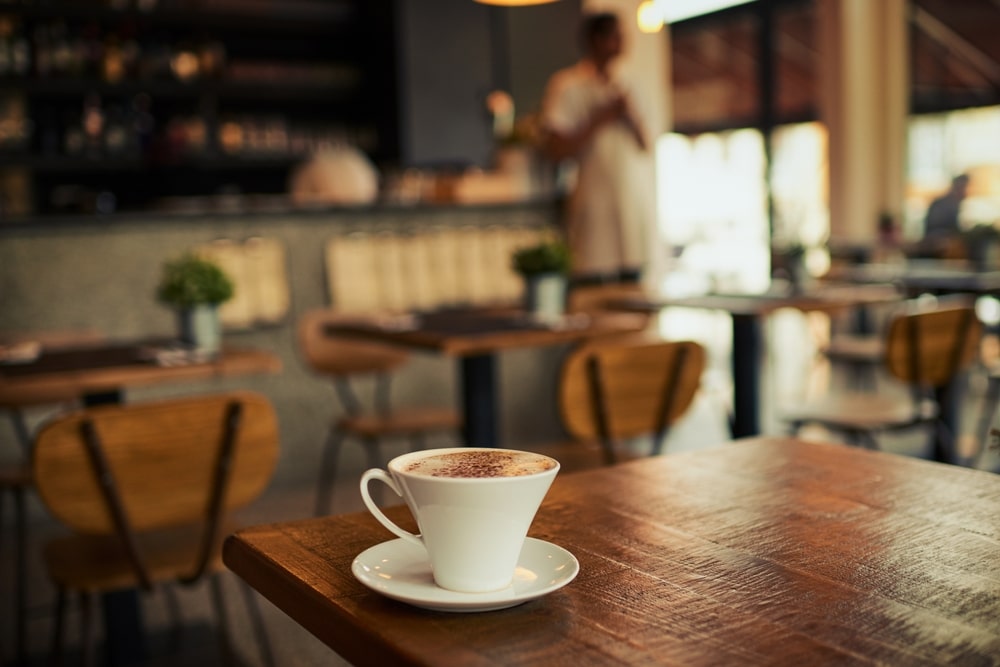Is Starbucks сulture сonquering tea-loving Kazakhstan?

Kazakhs are not traditionally coffee drinkers — it’s simply not part of the national culture, said Kazakh historian and culinary researcher Aigerim Musagazhinova in a recent issue of Qalam History media project. However, a social shift toward embracing coffee as a daily staple appears to be brewing in Kazakhstan.
A nation of tea drinkers
«Kazakhs never consumed coffee,» Musagazhinova said. «Instead, they drank decaffeinated coffee alternatives — such as roasting and grinding the berries of the zhide (oleaster or silver berry) to make a natural ‘Americano zhide.’ Why not develop this tradition? We’re genetically predisposed to it. But instead, we drink coffee, which is foreign to our bodies.»
Kazakhstan remains a country deeply rooted in tea traditions. At gatherings and large banquets, guests are not typically served coffee after the main course. Instead, they’re offered tea — most commonly black tea, sometimes with milk.
The country imports most of its tea from Kenya, India, China and Russia, with additional suppliers including Vietnam, Iran, Sri Lanka and Georgia.
Tea remains the leading beverage in terms of per capita consumption in Kazakhstan. In 2024, black tea consumption reached 1.3 kilograms per person, compared with just 291 grams of instant coffee, according to Energyprom.kz.
However, the data also indicates a notable shift: black tea consumption decreased 6.1% per capita compared to 2023, while instant coffee consumption increased 12.8%.
Coffee is on the rise
Tea consumption in Kazakhstan is declining amid a surge in coffee imports. Over the past decade, coffee imports have increased by a factor of 3.8, while tea imports have remained largely unchanged.
A February 2025 retail market survey by Kursiv.media reported a 1.8-fold increase in Kazakhstan’s net coffee imports between 2019 and 2023. In the first 11 months of 2024, imports rose 7.5% year-on-year. Kazakhstan has been importing coffee primarily from Brazil, Italy, Germany, the Netherlands, Finland, the U.K. and Russia.
Global coffee consumption reaches 2.25 billion cups daily, according to the International Coffee Organization, which forecasts annual growth of 1% to 2% through 2030.
Coffee consumption in Kazakhstan has been growing by an estimated 5% to 7% annually, as reported by Zakon.kz, citing Euromonitor International, a leading provider of global market analysis and consumer insights. In 2024, the local coffee market was estimated at 12,850 tons, with whole bean and ground coffee accounting for 35% of total consumption.
Coffee is no longer just a drink. It’s becoming part of the culture and daily life, especially among young people, says Rodion Yeroshek, CEO and co-owner of Poster, a cafe and restaurant automation company.
Coffee as a local staple
Asylzhan Qazi, founder of the EspressoDay coffee shop chain, attributes Kazakhstan’s growing love for coffee not only to global trends but also to the natural evolution of the local market.
«Kazakhstan is experiencing a coffee boom. Coffee shops are no longer just places to grab a snack; they’ve become hubs for communication and leisure. People hold business meetings and even work from here,» Qazi said.
According to Poster, the latte was the most popular coffee drink in Kazakhstan in 2024. Cappuccino ranked second, followed by the Americano. In 2023, the same three drinks topped the list, though the cappuccino held the No. 1 spot.


